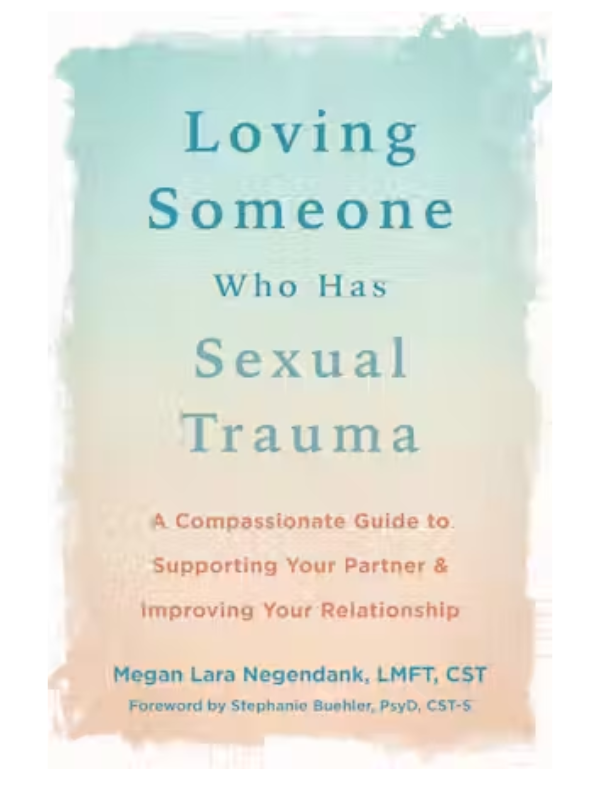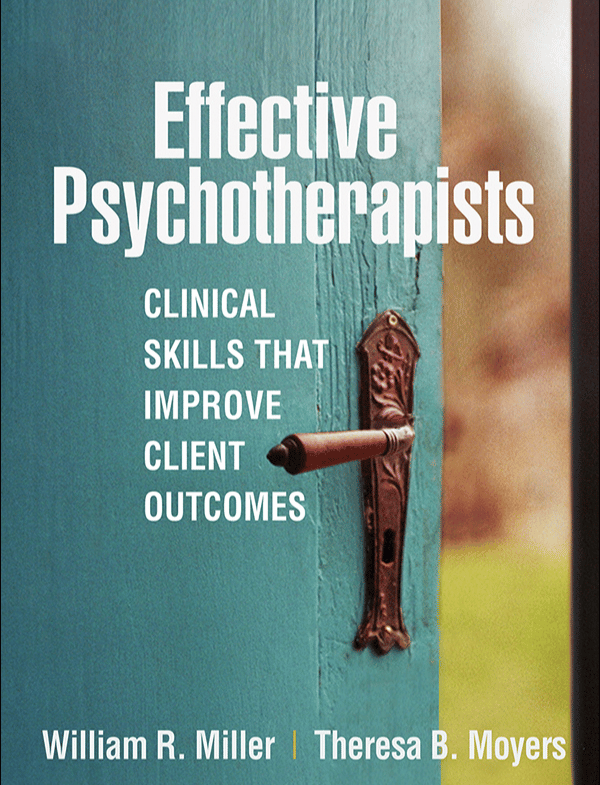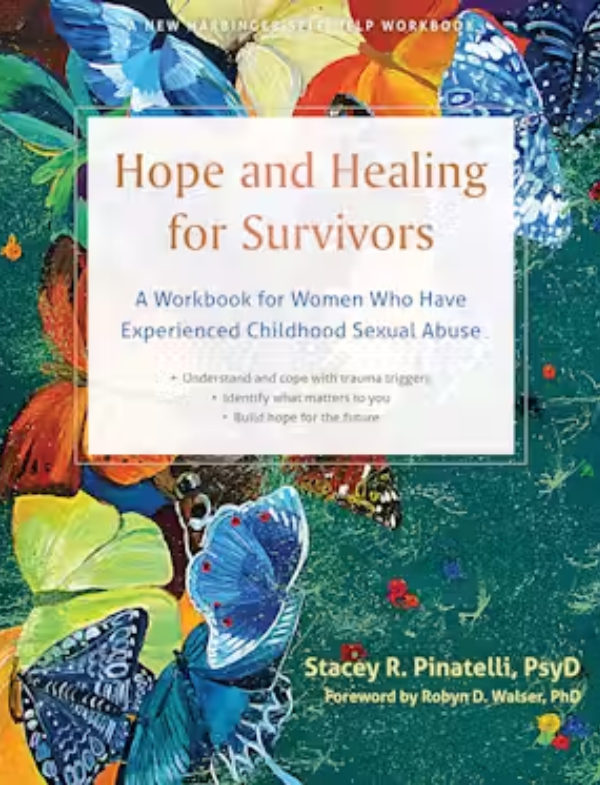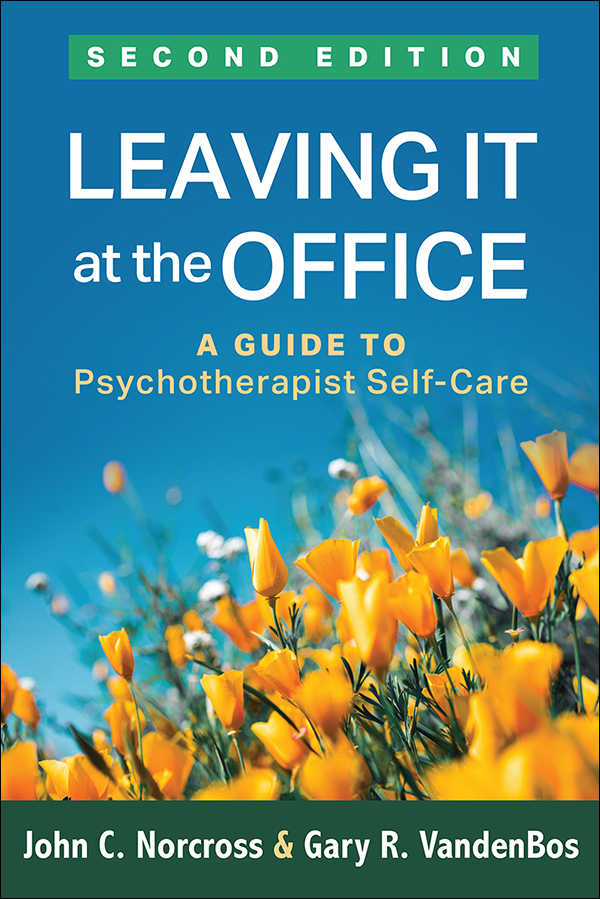Home / Shop / Online Trainings
Our Safe Haven: Navigating the Complexities of Inclusive Language in Professional Practice
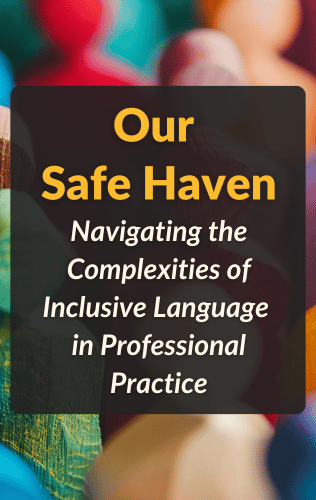
- Description
Our Safe Haven:
Navigating the Complexities of Inclusive Language in Professional Practice
Available Sessions:
– Tuesday, April 8th, 1:00 pm – 2:00 pm ET / 10:00 am – 11:00 am PT
– Friday, May 2nd, 12:00 pm – 1:00 pm ET / 9:00 am – 10:00 am PT
Moderated by: Molly Shepard, PhD & David Prescott, LICSW, ATSA-F
Please Note: This session is not eligible for CE credits due to its informal conversational format.
Person-first and identity-first language play a crucial role in shaping perceptions and treatment of individuals. While mental health professionals strive to demonstrate respect and courtesy to their clients, implementing these language practices is far more nuanced and complex than it might initially appear.
Navigating the Complexities of Inclusive Language
Mental health professionals encounter several challenges when attempting to consistently use person-first and identity-first language:

- Ingrained habits: Many providers have been using certain terminology for years, making it difficult to change established patterns of speech.
- Cognitive load: The stress and demands of patient care may make it difficult for providers to monitor and adjust their language use consistently.
- Inconsistent adoption: There’s often a disconnect between what’s taught in academic settings and what’s practiced in clinical environments, leaving providers caught between conflicting norms.
- Varied preferences: Individuals with disabilities or conditions may have different preferences for how they wish to be addressed, making it challenging for providers to consistently use the most appropriate language.
- Time constraints: In fast-paced clinical settings, providers may default to familiar terminology without taking time to consider more respectful alternatives.
- Interprofessional communication: Providers may feel pressure to conform to the language used by colleagues and superiors, even if it doesn’t align with person-first principles.
Despite these obstacles, adopting first-person language remains essential for creating a respectful and supportive environment for patients. Professionals can improve their use of inclusive language through continued education, self-reflection, and consistent practice.
These Our Safe Haven sessions, co-moderated by Molly Shepard and David Prescott, focus on the implementation and importance of inclusive language. The sessions provide a space for professionals to explore current communication trends in mental health and criminal justice fields.
Participants are encouraged to bring questions and concerns or simply listen to the discussions. The organic flow of topics depends on attendees’ interests and may include:
- Emphasizing humanity through person-first language
- Identifying challenging personal and systemic biases affecting treatment approaches
- Addressing cultural differences between therapists and clients and their impact on treatment outcomes
- Incorporating culturally relevant information in client assessments
- Creating supportive environments through language choice and communication style
We invite you to join us for a session where we help each other reshape how we understand, respect, and support individuals in mental health and criminal justice settings. Together, we can create more empathetic, effective, and human-centered care practices.
To ensure that each session is workable, we will limit the number of attendees. Registration for each session will, therefore, be on a first-come-first-served basis. We are charging a non-refundable fee of $8.00 to reserve your spot.
Your personal privacy is our highest priority. These sessions will be recorded for liability purposes only. The recordings will not be shared with attendees or distributed outside of Safer Society Foundation.
Like any group discussion, everyone will have a responsibility to keep it a safe, professional, and confidential space. We will adhere to the codes of ethics of our professions, mandatory laws, and other professional standards. The Safe Haven series is intended to be supportive; not formal supervision, consultation, or legal advice.

